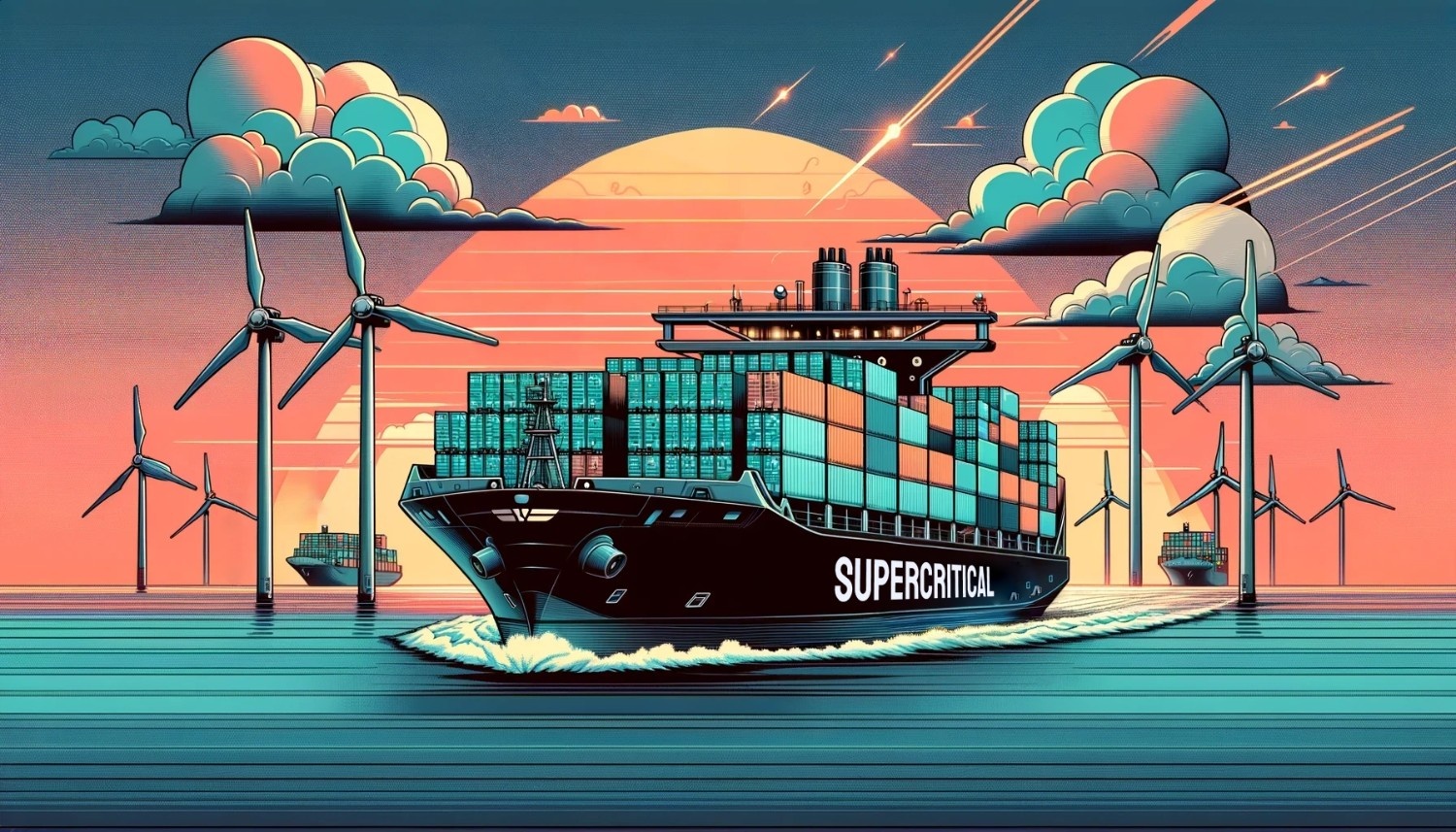
Not a week goes by without a news story being published about a record-breaking statistic or observable event occurring that is attributed to climate change. It's worrying and, at times, it seems dire! However, like all problems, we need to understand the scale of the challenge in order to tackle it. We have no other choice.

You'll often hear about measurements taken from Mauna Loa Observatory in Hawaii. The remote location in the Pacific Ocean away from major pollution sources is a prime location for sampling the Earth's background air and providing a baseline concentration of components present. The data collected from this station is best known for its measurements of rising carbon dioxide (CO2) concentrations in the atmosphere. The graph below shows the trend in carbon dioxide concentration over the last 60 years. It's clear from this trend that not only is the concentration rising but that it is accelerating!

The start of the COVID-19 pandemic and the subsequent lockdowns and travel restrictions demonstrated the scale of change that would be required to curb carbon emissions and the effect that this had on the global economy. It is clear that we cannot simply turn off the sources of pollution without causing widespread economic damage and devastating the livelihoods of billions of people. It is, therefore, imperative that we find a way to transition to a carbon-neutral economy and use more sustainable means of producing energy, fuels, food and so on.

The next 30 years will see a surge of activity focussing on installing renewable energy capacity to aid in transitioning from fossil fuels to carbon-free energy sources. While this will support direct electrification of many sectors, one of the common shortcomings of renewable energy is the intermittence of its availability. Therefore, as well as the need for renewable energy generation; storage and transmission will be an equally important challenge to overcome.
Hydrogen is strongly considered to be the fuel that will replace fossil fuels to enable the transition to a net zero economy. Hydrogen can be used for heating through combustion with oxygen, electricity generation through electrochemical reactions in fuel cells, long term storage and long-distance transportation.
Today, ~70 million tons of hydrogen is produced annually worldwide, worth ~£144 billion. The hydrogen market is forecasted to grow 8 fold over the next 30 years, driven by a global need to decarbonise. The charts below show the current market size and projections for growth and applications of hydrogen between now and 2050.

A major challenge for the transition to a Hydrogen Economy is that the majority of the 70 million tons of hydrogen produced today (<96%) is still produced from fossil fuels. In order to decarbonise this market let alone the 8 fold increase in hydrogen demand will require an unprecedented rollout of green hydrogen technologies to achieve this.

At Supercritical, we intend to support this transition by targeting some of the industrial users of hydrogen, such as ammonia. Currently, 55% of the 70 million tons of hydrogen produced today is used to produce ammonia via the Haber-Bosch process. Operating in excess of 375°C and 221bar (the critical point of water), the Supercritical electrolyser has a strong synergy with the Haber-Bosch process which operates at 200bar and 500°C. By capturing the waste heat from the exothermic reaction and negating the need for hydrogen compressors by producing pre-pressurised hydrogen this has the potential to replace the steam-methane reformed hydrogen currently used to produce ammonia.
If you would like to find out more about Supercritical's integration opportunities, please contact us at contact@supercritical.solutions.







